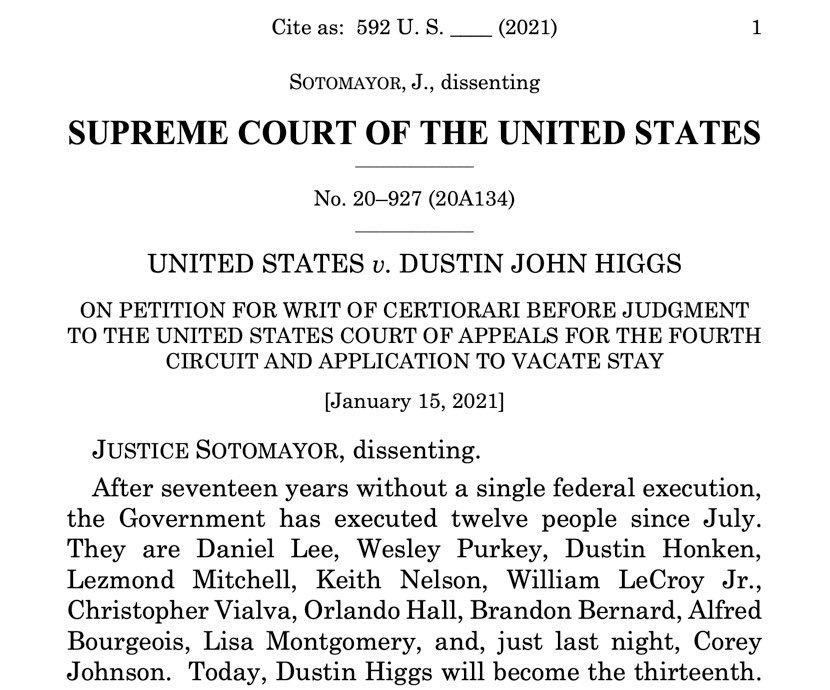
An investigation by @guardian reveals that states have spent millions on illicit execution drugs, even requesting shipment in “unmarked boxes and jars.” theguardian.com/world/2021/apr…
Arizona purchased enough execution drugs to kill 200 people, at a cost of $1.5 million, and requested that the drugs be shipped from an undisclosed supplier in “unmarked boxes and jars.”
It is a felony under state and federal law to dispense execution drugs without a valid prescription. Medical practitioners are prohibited from prescribing drugs for use in executions. Arizona’s drug purchase was likely illegal.
What would happen if a regular person followed the example of Arizona’s state government and illegally purchased $1.5 million worth of drugs?
• • •
Missing some Tweet in this thread? You can try to
force a refresh



